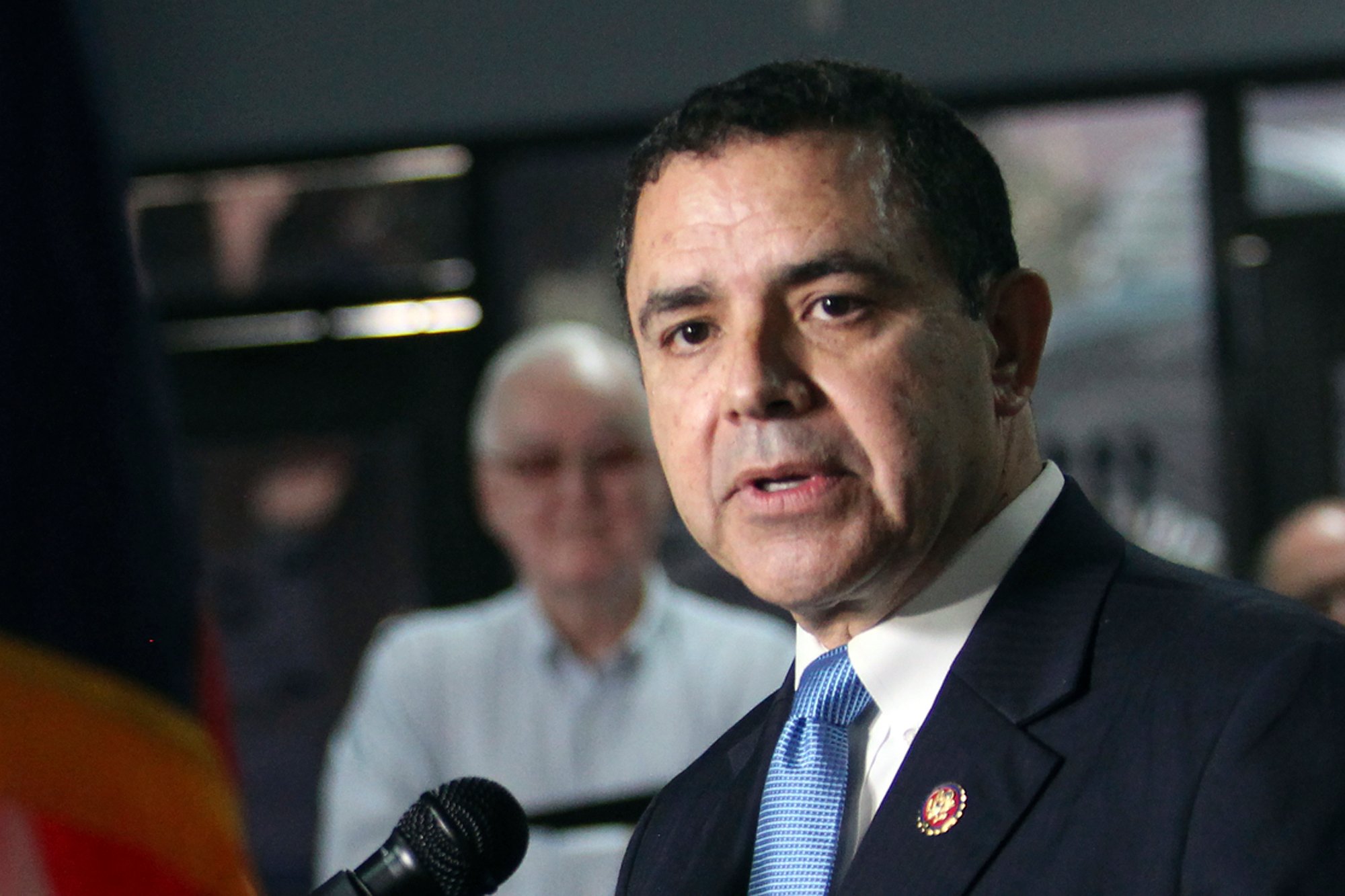ustxtxb_obs_1994_10_28_50_00001-00000_000.pdf
Page 10
CAVEAT EMPTOR Morales Moves Right ANGRY WHITE MEN & THE POLLS Pg. 10 OCTOBER 28, 1994 $1.75 A JOURNAL OF FREE VOICES BY LOUIS DUBOSE Mr Y LITIGATION schedules did not slow down in election years,” former Attorney General Jim Mattox said in an interview last week. “But I’ll say this. I made a lot of enemies. And if you look at some of the more aggressive AGs in the nation, in terms of litigation, we were not always awarded with promotion or advancement when we sought another office…. When you anger powerful interests, there’s a price to be paid.” Mattox’s successor, Dan Morales, won’t have to pay that price. By the end of his third year in the office that Jim Mattox left when he ran against Ann Richards in the 1990 Democratic primary, Morales had completed a purge of most of the assistant attorneys general who might have angered the powerful business interests who closed the door on Mattox when he ran for the U.S. Senate in the Democratic primary in May. The abrupt nature of their firings or hasty resignations sent an unequivocal message to others in Morales’ office who would use litigation and investigations to afflict the powerful in this stateand to the powerful interests who might have been afflicted by aggressive attorneys general. “Lawyers know they are on a short leash and there are a number of businesses, like car dealers, who know they are a protected class,” said one former assistant AG who was fired by Morales. “Morales has fired attorneys because they were doing their jobs and aggressively and outspokenly protecting consumers,” said Torn Smith of Public Citizen’s Austin office. “It seems to me that he’s trying to send a signal to his fundraisers. He’s trying to send a signal that major industries in the state don’t have to worry about him.” “This is not about personnel,” said a for Tier assistant AG who worked for three at rneys general. “It’s about policy.” The licy implications associated with the lAyers Morales sent packing are important: Jpe Crews, an aggressive Dallas lawyer who had been hired to direct the consumer protection division shortly after Morales was elected, was named a special assistant attorney general and moved out of con sumer protection after two years there. As consumer protection division chief, Crews had outlined an ambitious litigation sched ule and, according to several sources inter viewed for this story, encouraged his staff to file consumer protection suits and praised them when the succeeded. William 0. Goodman, who after 20 years service was second in charge in consumer protection, was dismissed and, according to several sources, had to fight for a four-day extension to meet with and brief his replacement and to leave instructions for caseload management after his departure. Goodman had directed the investigations and litigation against private psychiatric hospitals that was clearly the most important achievement in court during Morales’ tenure. Ed Salazar, a 13-year veteran who had helped Goodman with the psychiatric hospital cases, which netted the state approximately $5 million in fines and services, established a new set of guidelines that stopped the large psychiatric hospitals’ substance abuse units from “bounty hunting” in public schools and required that patients be seen by a psychiatrist within 72 hours before being admitted to a hospital, was fired when he disagreed with a decision to drop one defendant from an insurance case. Ann Kitchen was the architect of the most important single piece of consumer legislation advanced through the Legislature by the Attorney General’s office during Morales’ tenure: the law requiring non-profit charity hospitals to provide a certain amount of indigent and charity care in order to maintain their tax-exempt status. For her achievement, Kitchen, who had spent seven years as an assis Continued on pg. 5


